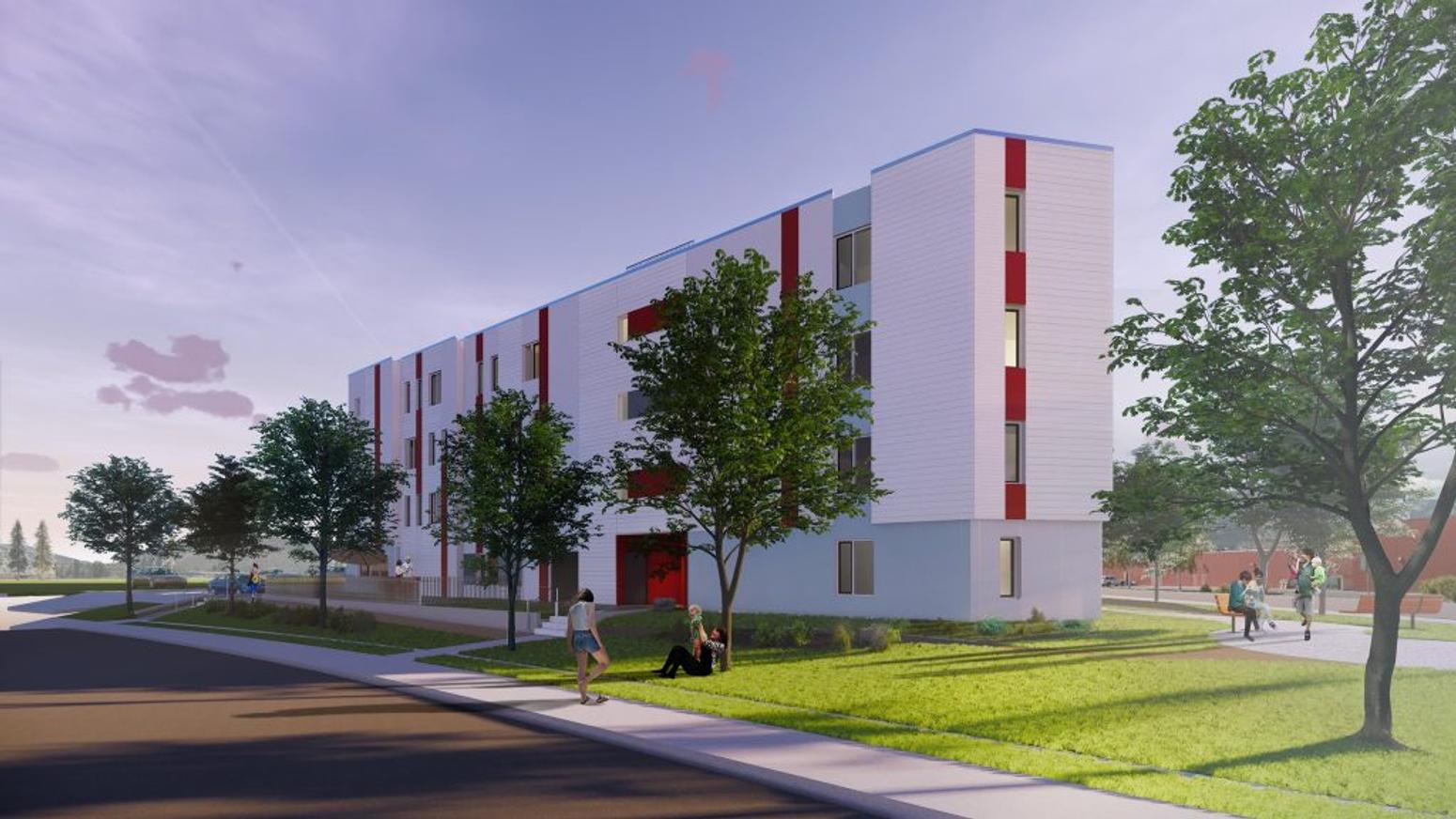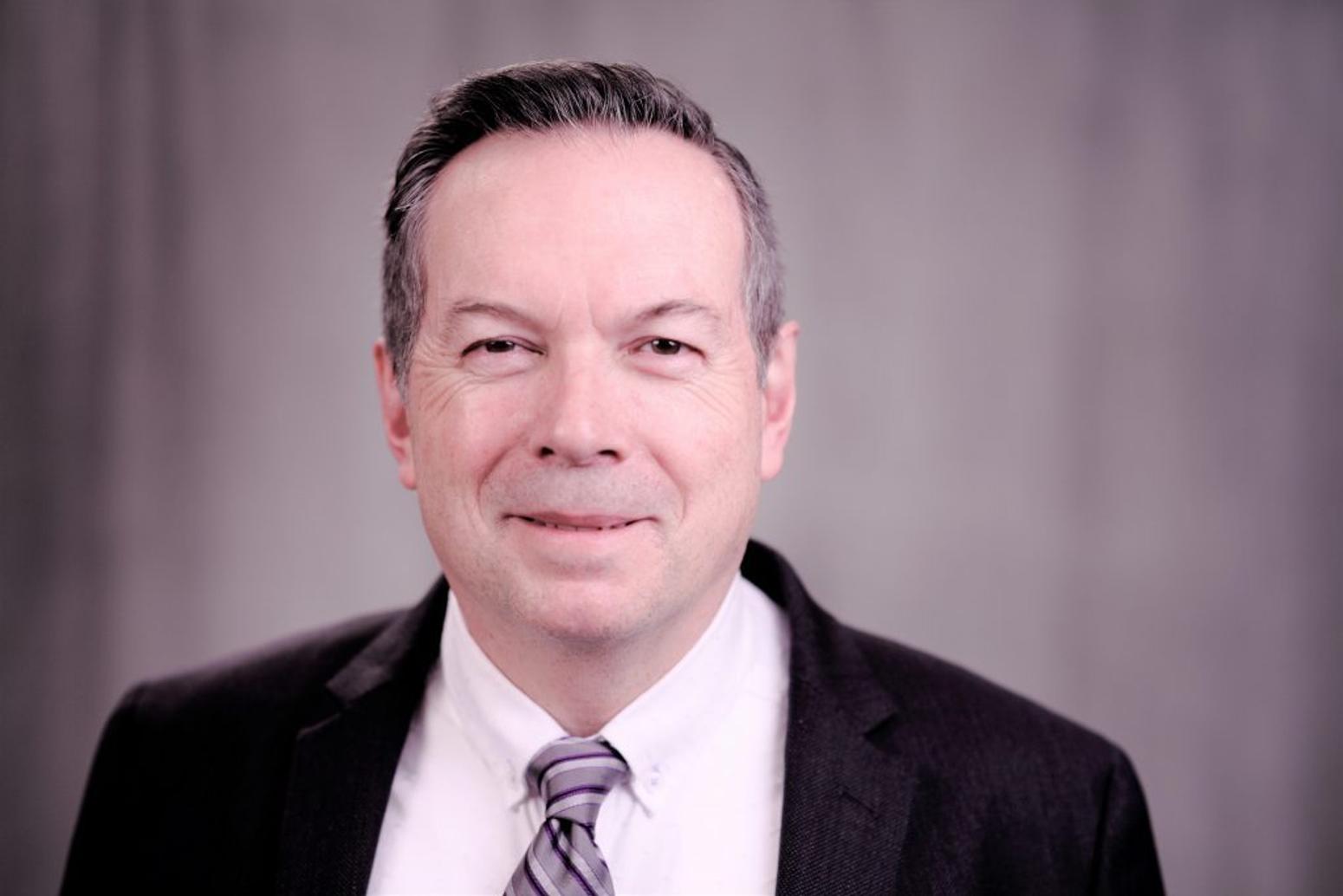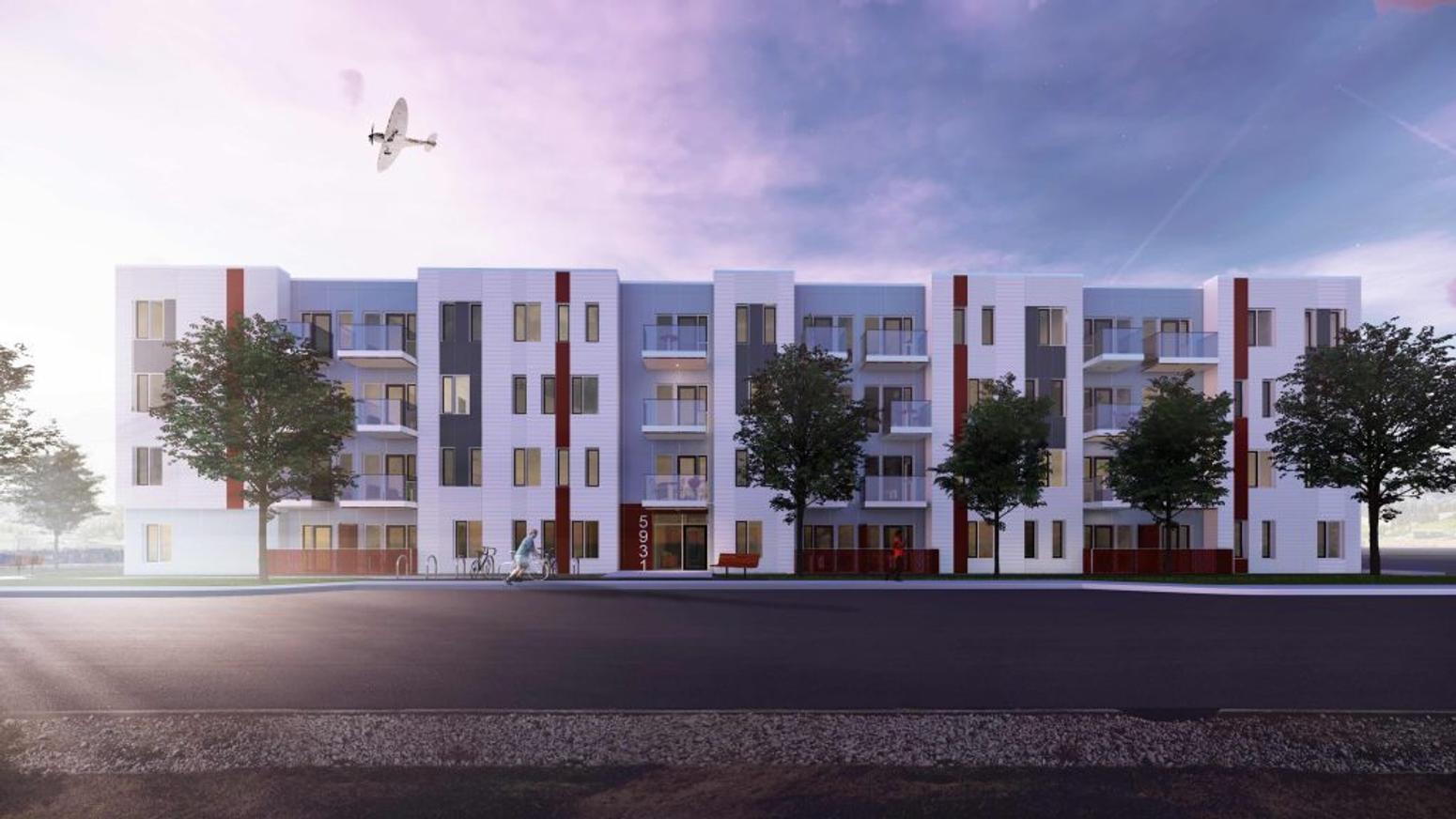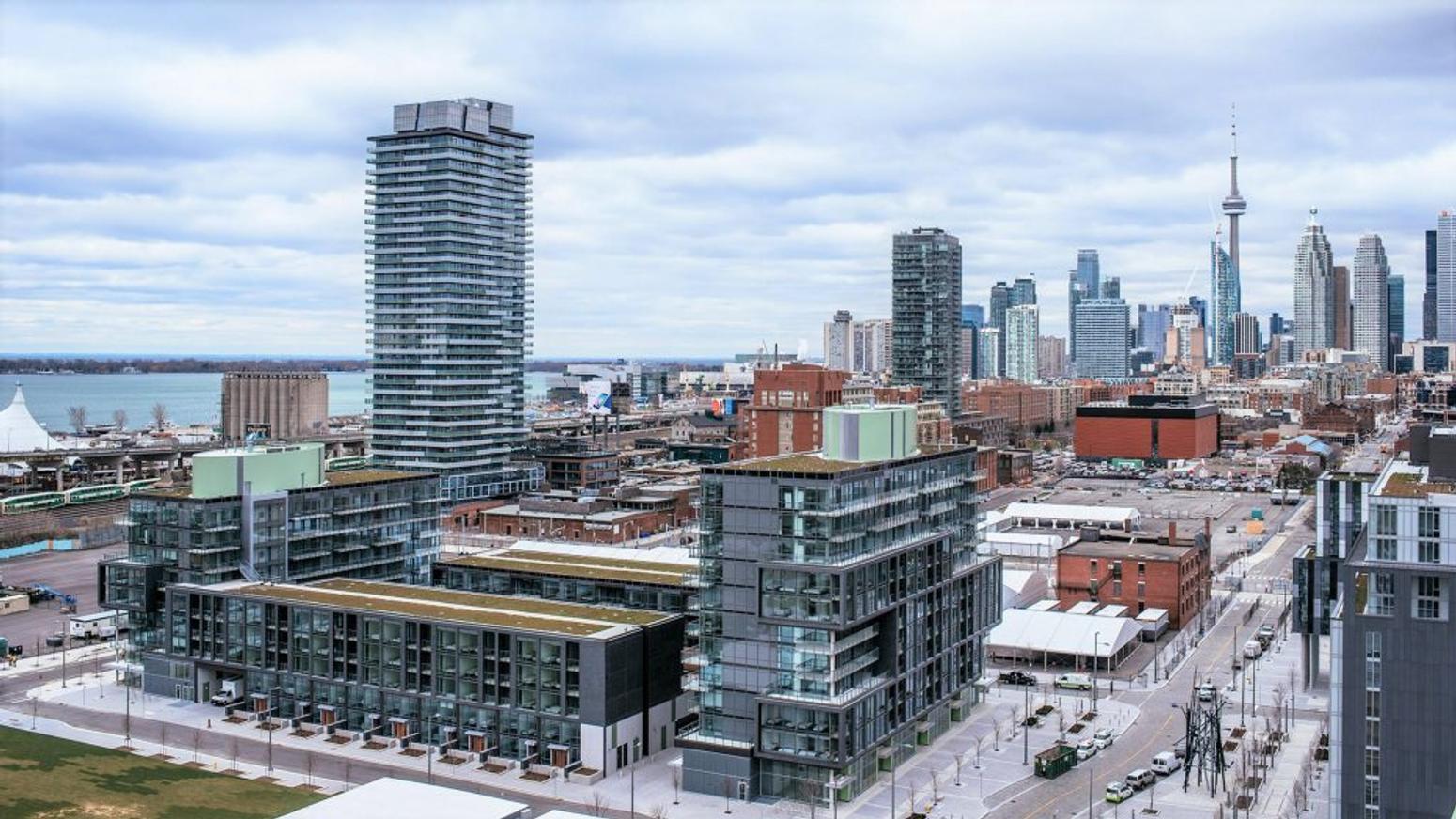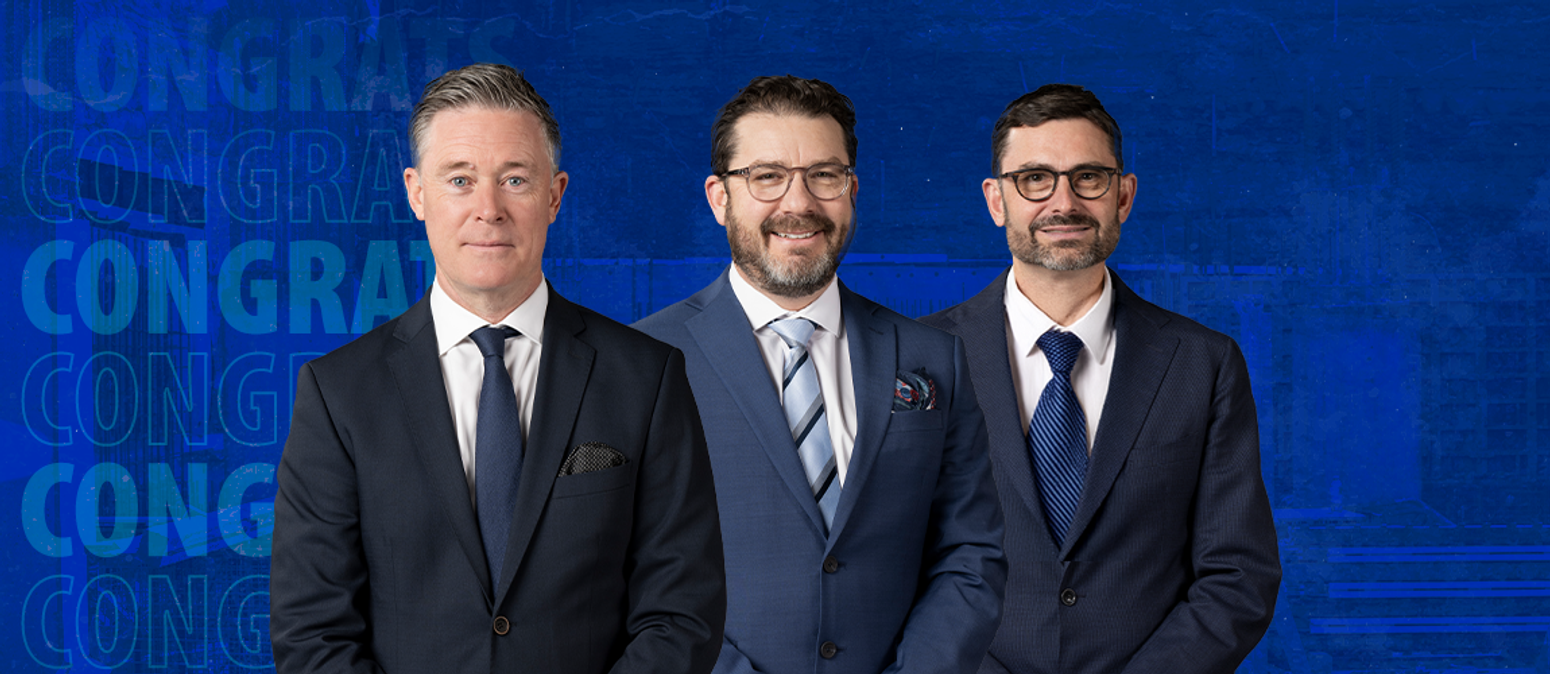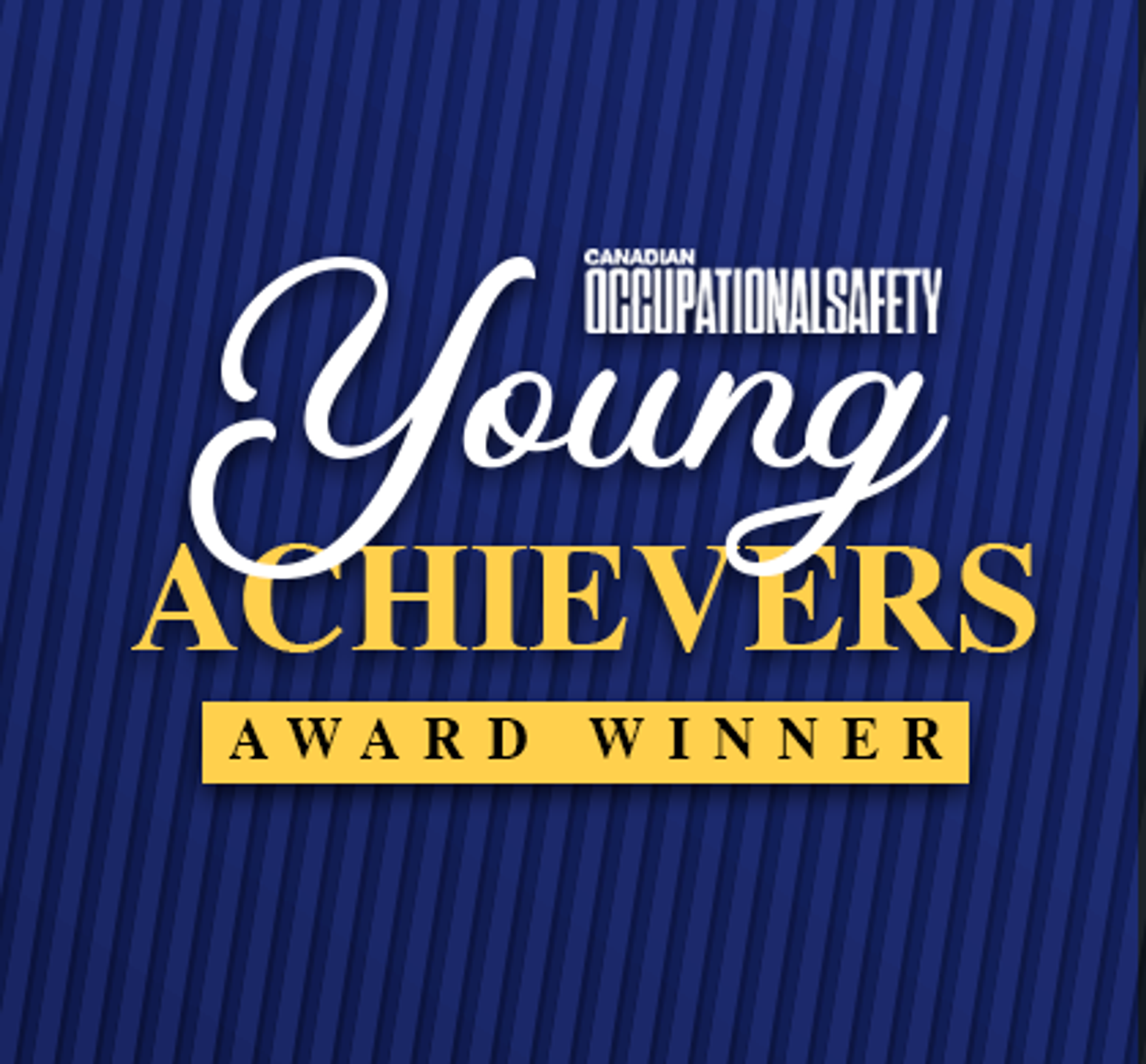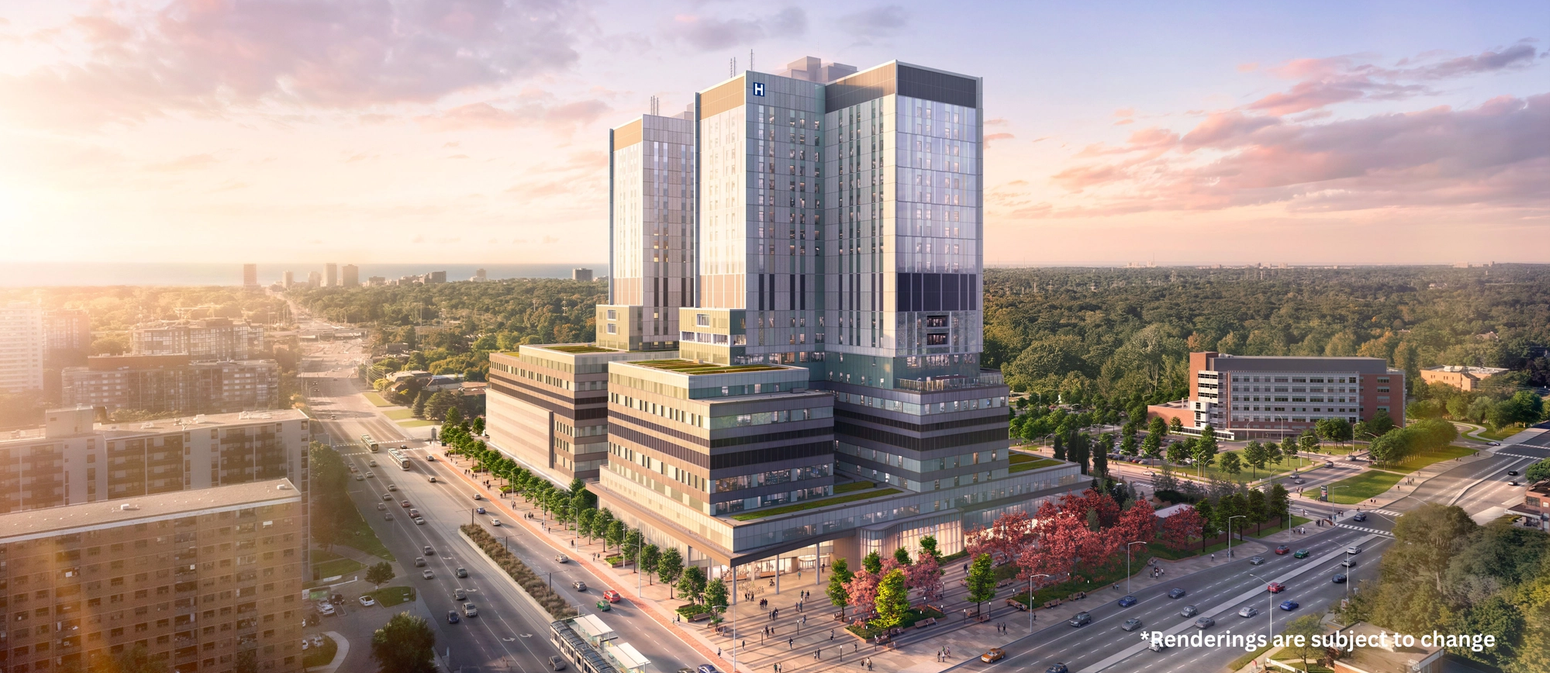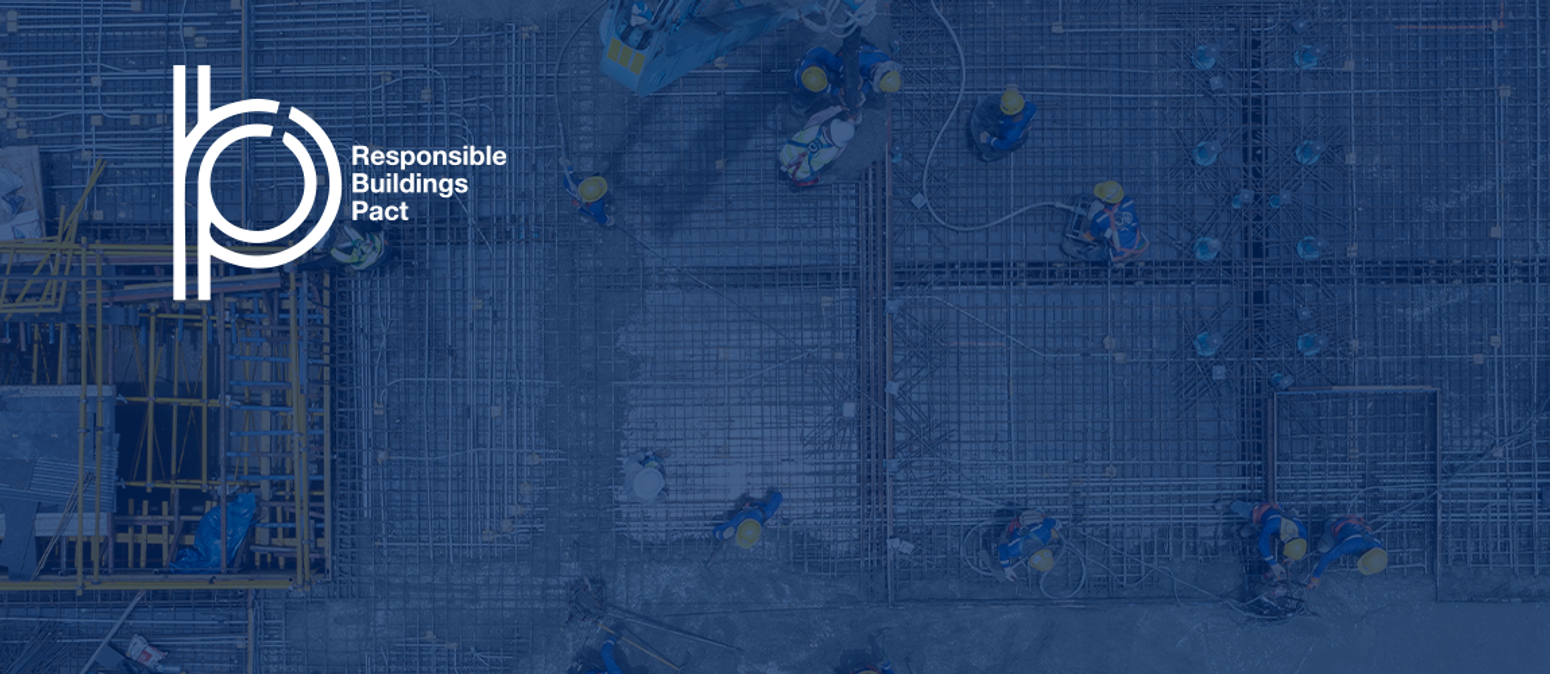News
Affordable Housing: A Key Element in Building Sustainable Cities
“A sustainable city is sustainable both environmentally and socially,” says Marco Buccini. Over the course of his thirty year career, Marco has worked with health authorities, design-build teams, and government and community stakeholders. “In sustainable cities there is a balance, from an energy and ecosystem perspective,” he continues, “And there is a chance for all to prosper and take care of themselves.” A registered Architect and a leader in the healthcare industry, Marco cultivates his passion for healthcare provision and affordable housing initiatives in his role as Director of Design Management Services for EllisDon in British Columbia. As EllisDon gears up for the Ecocity World Summit in Vancouver from October 7-11, we talked to Marco to revisit what sustainable building means to us as an organization and as community members.
Marco Buccini, Director, Design Management Services, British Columbia
Now in its 29th year, the Ecocity World Summit hosts more than 1,000 international delegates to foster conversations around building cities in balance with nature. This year the Summit will focus on sustainable urban living standards grouped under urban design, bio-geophysical conditions, socio-cultural features and ecological imperatives. EllisDon Vancouver’s biggest sustainable initiative: affordable housing projects, falls under many of these categories. Marco has been the driver behind this effort and has guided teams to plan, procure, and build housing that provides a reprieve in the steadily climbing cost of living in BC, especially in big cities like Vancouver, and across the country. Affordable housing development projects have been gaining momentum across Canada. The $355 million Provincial Investment in Affordable Housing program will create more than 2,000 affordable rental housing units in British Columbia over five years while the Investment in Affordable Housing funding program will provide $800 million for affordable housing in Ontario. “We’ve just gotten going in the affordable housing market in BC so we’re currently on our first handful of projects,” says Marco, “it’s still new to us. Our first completed project in Penticton was a success. There are 42 families now living there. It’s our first success. A small success but it proves that we can be a small solution to a big problem.” An increasing number of developers and businesses are turning their sights to affordable housing projects with incoming funding incentives such as the ones mentioned above. “The industry is doing a good job. Sometimes it is mandated that the government create affordable housing and sometimes businesses look for projects that have an affordable housing component,” explains Marco.
BC Housing Project, Penticton, British Columbia
EllisDon’s approach with affordable housing projects has allowed us to delve into the affordable housing market with confidence. “It was a matter of finding a model that works for us. The creativity is starting to surface because the problems arising from increases in the cost of living are becoming more serious.” For our affordable housing projects in BC, EllisDon presented the government with a model they hope will create more housing stock in the industry. “Right now the industry follows more traditional models of procurement like turn-key developments, which incidentally, EllisDon is a leader in.” An important element of EllisDon’s affordable housing business model is the creation of partnerships that otherwise would not have naturally occurred. These partnerships include not-for-profit organizations, special interest groups, other local businesses, and sometimes other developers. Collaborations like these create unique opportunities for everyone involved to leverage their strengths and foster community spirit within the industry. EllisDon’s unique and novel business model is supported by the company’s Cradle to Grave services. Our Sustainable Building Solutions Group’s industry leading team specializes in LEED, NetZero, Passive house and Envision standards, and innovates in sustainable building practices. In addition, the EllisDon Construction Sciences group develops technical services, quality assurance, constructability, logistics and construction engineering techniques. Along with the business incentive and a match with EllisDon’s expertise and resources, when it comes to affordable housing projects there is also a strong alignment of values around social responsibility. “EllisDon is an employer of families. We care about our people, we care about the communities that we work in and those are the foundational values of our organization,” explains Marco. If you put your people first, reward them for taking risks and fuel their sense of entrepreneurial thinking and innovation, you will have loyal and passionate employees. But there is another reason EllisDon puts our people first, because our people are the connection between the project and the community. There is a human element to all of EllisDon’s builds.
BC Housing Project, Oliver, British Columbia
For Marco the drive for social responsibility comes from his work in the healthcare sector with all the Health Authorities in the Lower Mainland. “Affordable housing comes in many shapes and sizes and many demographics- seniors, families, individuals, and marginalized groups,” he says. “In the context of healthcare, the only way you’re going to get a fully sustainable universal healthcare system is by targeting population health and making sure people stay healthy. Accessible housing is a foundation of health. Healthy populations means less demands on the healthcare system and therefore sustainability and less reliance on government resources.”“Making our cities sustainable should be important to everyone,” says Marco, “The needs far outweigh the funds available and governments only have so much tax base. There’s nothing like a community to come together and do what we can, in whatever way. It’s the collective that makes those sweeping changes.”
Pan Am Athletes Village, Toronto, Ontario
For young professionals looking to champion affordable housing development, Marco suggests getting involved at the grass roots level at organizations that are working to make a change. “You’ll learn from the people around you who put projects together and from that you may grow into a leader who champions sustainability and creates their own projects. It really starts from being active in what you believe in.” Whereas for educational institutions, such as EcoCity co-sponsors, BCIT, and senior professionals, Marco believes it’s important to continue giving the young generation tools to navigate sustainability issues. “Back in my day sustainability was hardly discussed in any academic institution and now it’s at the forefront of just about every subject matter you can study. We are headed in the right direction.”
